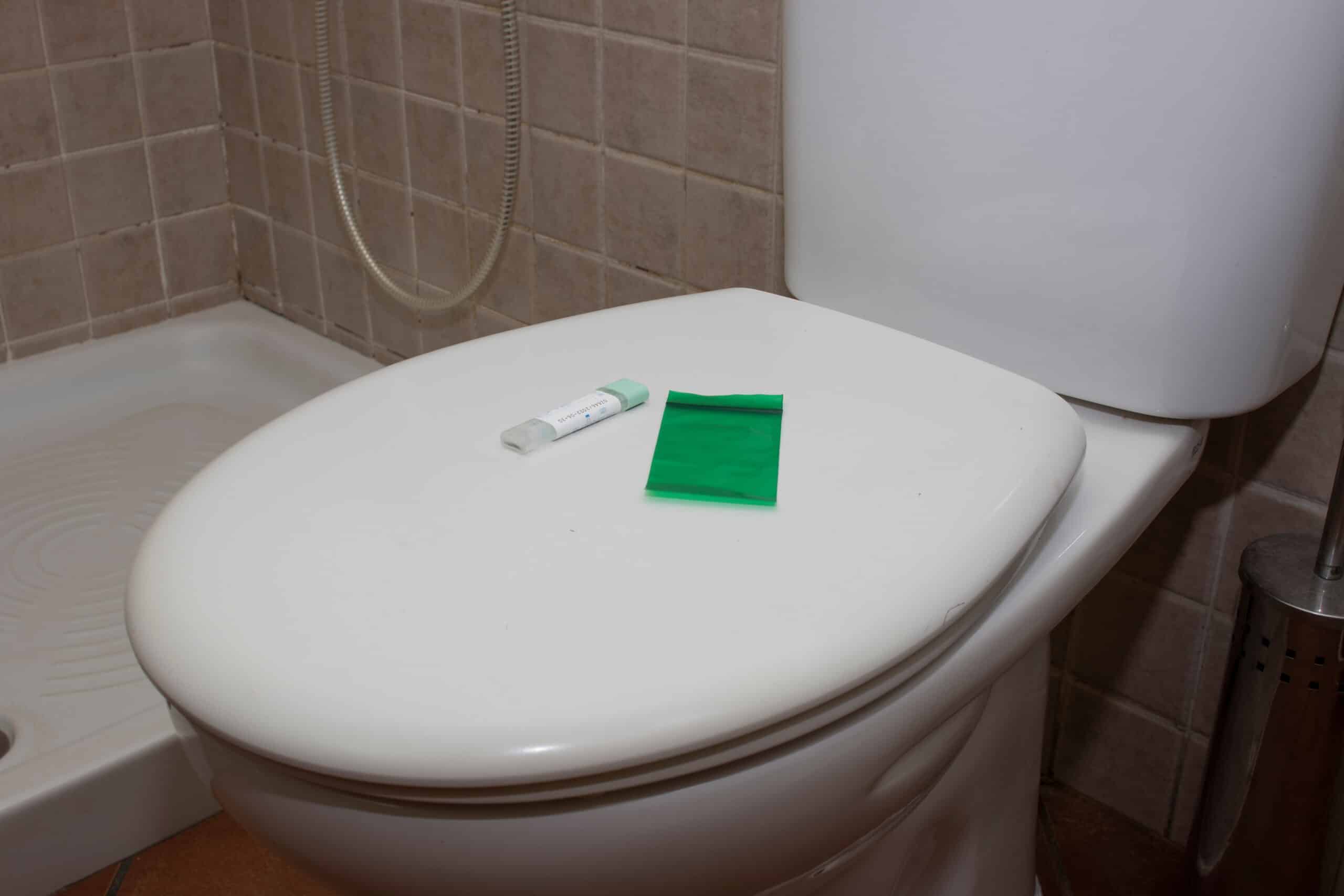
You’re 45 now. You watch your weight. You maintain a balanced diet and exercise plan. And you’ve quit smoking ages ago. Good for you! So, what’s next on the agenda? According to the American Medical Association, if you’re of average risk, it’s recommended you schedule your first colonoscopy.
Ugh!
Why are Colonoscopies Important?
Nobody looks forward to a colonoscopy, but if there’s a chance you have colorectal cancer or even precancerous polyps, the best way to protect yourself is to catch it early. And a colonoscopy can help do just that.
How Is a Colonoscopy Done?
A colonoscopy is a screening procedure usually done in an outpatient medical facility while the patient is under sedation. During the procedure, a doctor inserts a tube with a camera into the patient’s rectum and throughout the entire colon in order to detect abnormalities in the bowel. Such abnormalities could include polyps and potentially colorectal cancer. At that time, polyps can also be removed. Depending on the findings of the colonoscopy and the patient’s family medical history, their doctor will recommend how often the procedure should be repeated.
Having a colonoscopy requires the patient clean out their colon prior to the procedure by following a diet of clear liquids and taking a prescribed laxative. And, sure, that’s not pleasant either.
Squeamish Yet?
Between the prep work and the awkwardness of the procedure, it’s no wonder why many people put off this important preventive procedure. And that can be a big mistake.
Perhaps because of this, more people today, especially low-risk candidates, are opting for at-home colorectal cancer screening tests. These tests are available by prescription only, so they still require consultation with a physician.
What are At-Home Tests?
At-home tests are stool-based tests where the user is required to send in a stool sample to their doctor or a lab. Such tests don’t provide a visual of the colon so important details like pre-cancerous polyps might be missed. For this reason, at-home screenings tend to require more frequent, often annual, testing. And there lies the trade-off: No embarrassment, conveniently done at home with no unpleasant prep work in exchange for more regular screening.
Are At-Home Tests Just as Effective in Screening for Colorectal Cancer?
There are three types of stool-based tests, and while all are designed to look for blood in the stool, some are more accurate than others.
Fecal Occult Blood Tests (FOBT)
Least accurate and least sensitive of the three, FOBT tests look for blood in the stool but can’t always ascertain whether blood detected is human or animal. If your doctor prescribes this test, you’ll need to avoid eating any red meat or using any anti-inflammatories like ibuprofen for a few days before your test.
Fecal Immunochemical Test (FIT)
A step up from FOBTs, these tests can differentiate between human and animal blood, so you can enjoy that juicy hamburger the day before.
Fecal DNA Tests
If you’re going to utilize an at-home test, then Fecal DNA tests are the best of the three. Why? They can detect abnormal DNA–such as cancer cells–in your stool sample. In addition, if you have any pre-cancerous polyps, there’s a 40 percent chance this test will detect them. That’s a significant drop from the 75 to 80 percent detection rate for colonoscopies, but it’s still something.
Your Best Course of Action?
At-home tests are certainly more convenient, less-invasive and less embarrassing. If you’re low-risk for colon cancer, if you’re too uncomfortable having a colonoscopy, and if you’re willing to test more frequently, then they are certainly better than forgoing the procedure altogether. However, when it comes to colorectal cancer screening, there is nothing as reliable and effective as a colonoscopy. It’s also very safe.
Schedule a Consultation
If you’re 45 or older and have been putting off this potentially life-saving procedure, now is the time to set up a consultation with the colorectal expert physicians at Arizona Colorectal Experts in Chandler, Arizona. Fill out our online contact form so we can help put your mind at ease.


